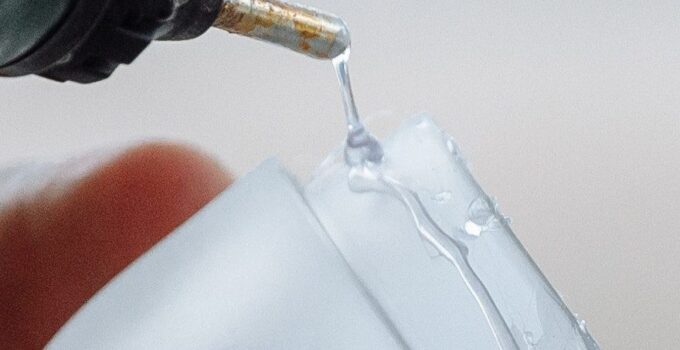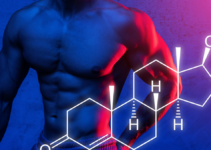Super glue is often hailed as a quick-fix solution for everything from broken ceramics to loose screws. However, its use is not always ideal for every repair or project. Understanding when to opt for different adhesives can lead to better, more durable, and appropriate repairs. This guide delves into the world of adhesive alternatives, exploring when and why you might consider reaching for something other than super glue.
When Flexibility Matters
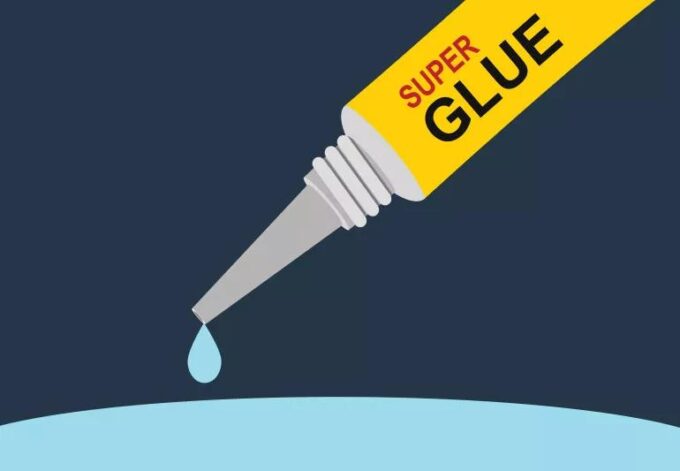
Source: clevelandclinic.org
Super glue is known for its rigid bond, which isn’t always what you need, especially for materials that experience movement or bending. Flexible adhesives like silicone sealants or rubber-based glues provide a durable yet pliable solution, perfect for materials that need to withstand vibration, expansion, or contraction. For instance, repairing a flexible hose, a shoe sole, or outdoor gear often requires an adhesive that can move with the material.
For the Great Outdoors
Outdoor repairs face conditions like moisture, temperature fluctuations, and UV exposure that can break down the bonds formed by super glue. For tasks like fixing outdoor furniture, mending garden tools, or securing loose tiles on a patio, consider using an adhesive designed for exterior use. Epoxy resins, polyurethane glues, or construction adhesives are better suited for these environments, offering water-resistant and weatherproof bonds that super glue cannot provide.
Bonding Dissimilar Materials
When you need to bond materials of different types—such as metal to wood or plastic to ceramic—super glue may not be the best choice. Specialty adhesives like epoxy or polyurethane provide a stronger bond between dissimilar materials. These adhesives are designed to cater to the specific properties of each material, ensuring a strong bond despite differences in texture, density, or porosity.
Large Surface Area Applications
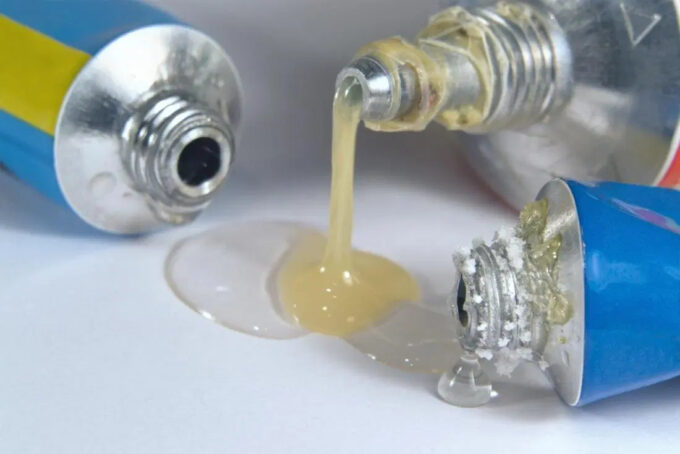
Source: howtodiscuss.com
Super glue is typically used for small, precise applications due to its quick-setting nature and small container size. When dealing with larger surfaces, using super glue can be impractical and expensive. For tasks like laying down carpet, attaching large panels, or crafting with extensive surface areas, contact cement or spray adhesives offer a more efficient and effective solution. These adhesives allow for a uniform application and provide enough working time to position materials accurately.
High-Strength Requirements
While super glue offers significant tensile strength, its shear strength can be lacking for high-load bearing applications. For constructing heavy-duty furniture, repairing automotive parts, or building load-bearing structures, consider using structural adhesives like epoxy or acrylic adhesives. These are designed to handle high stress and can be used where a robust, long-lasting bond is essential.
Temperature Extremes
Super glue’s performance can deteriorate under extreme temperatures, becoming brittle in cold environments or softening under high heat. In cases where the bonded materials will be exposed to harsh temperatures, such as in oven repairs or for objects left outside in winter, temperature-resistant adhesives like high-temperature epoxies or silicone adhesives are more appropriate. These products are specifically formulated to withstand the conditions that would cause super glue to fail.
Safe and Non-Toxic Alternatives
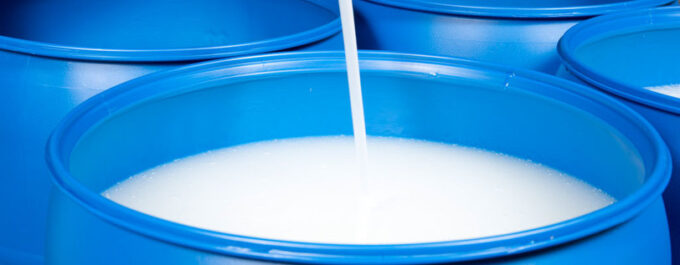
Source: rainbowindustrialproducts.weebly.com
In environments where safety is paramount—such as in schools, hospitals, or for crafting with children—non-toxic adhesives offer a safer alternative. Water-based glues, natural gum adhesives, and even homemade pastes can be used safely without the risk of harmful fumes or chemical burns that super glue might pose. These are especially great for paper crafts, fabrics, and everyday repairs where strength is not the primary concern.
Eco-Friendly Choices
In an era where environmental impact is increasingly a concern, choosing eco-friendly adhesives can make a significant difference. Traditional super glue and many other synthetic adhesives can contain volatile organic compounds (VOCs) and other harmful chemicals that may pose environmental and health risks. Biodegradable glues, made from natural ingredients like starch, casein, or natural resins, offer a sustainable alternative that minimizes the environmental footprint of your projects. These are particularly suitable for applications where the ultimate bond strength is less critical but environmental sustainability is a priority.
When Precision Is Key
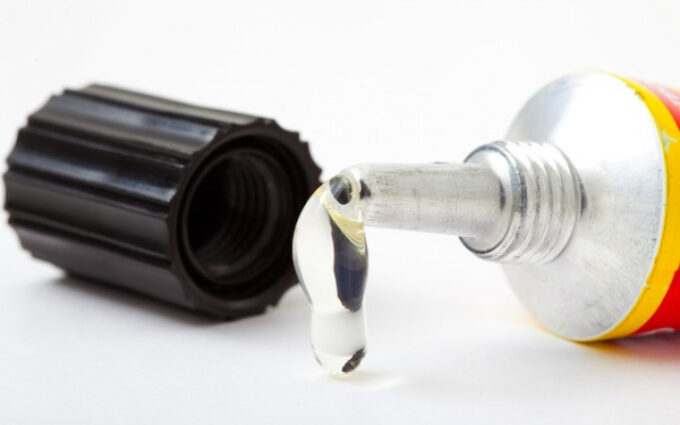
Source: wonderopolis.org
For fine craftwork or detailed assembly, super glue can sometimes be too fast-acting, leaving little room for adjustment once two surfaces come in contact. Adhesives with longer open times, like slow-setting epoxies or adjustable glues, allow for repositioning and fine-tuning, which can be crucial in intricate models or detailed woodworking. These types of adhesives give you the flexibility to align parts perfectly without the rush, resulting in a more precise and satisfactory finish.
Heat-Activated Adhesives
Certain repair scenarios or crafts benefit from the use of heat-activated adhesives. These products remain tack-free until activated by a heat source, allowing for extensive work and repositioning without the adhesive setting prematurely. This feature is particularly beneficial in fabric applications, electronic repairs, or automotive assemblies where you may need to align several components before securing them permanently.
The Role of Adhesive Tapes
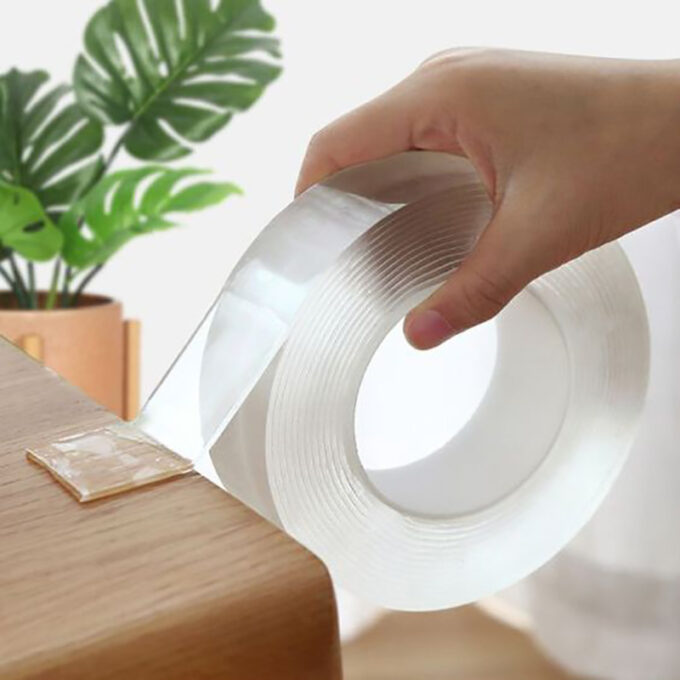
For some tasks, the liquid adhesive itself, whether super glue or another type, may not be the best choice. Adhesive tapes offer a clean, mess-free alternative with considerable holding power. Double-sided tapes, foam tapes, and structural tapes can provide strong bonds and are ideal for mounting, insulation, and temporary holds during assembly processes. Their ease of use and cleanliness make them a favorite in both household and industrial settings.
Specialty Adhesives for Unique Applications
Certain projects require specialized adhesives tailored to specific materials or environments. For instance, there are adhesives specifically formulated for glass that provide a clear bond line, essential in glass art and visible repairs. Similarly, there are marine adhesives designed for underwater applications, crucial for boat repairs and installations. Choosing a product designed for the specific characteristics of the material and the demands of the environment ensures optimal performance and longevity of the repair or construction.
Maintaining Bond Integrity
When the integrity of a bond is crucial, especially in structural applications or in manufacturing, the use of adhesives that can be monitored and tested is essential. Some industrial adhesives come with specifications for load-bearing capacity and can be tested for strength after application. This is critical in areas such as aerospace, automotive, and construction, where the failure of an adhesive bond can have serious consequences.

